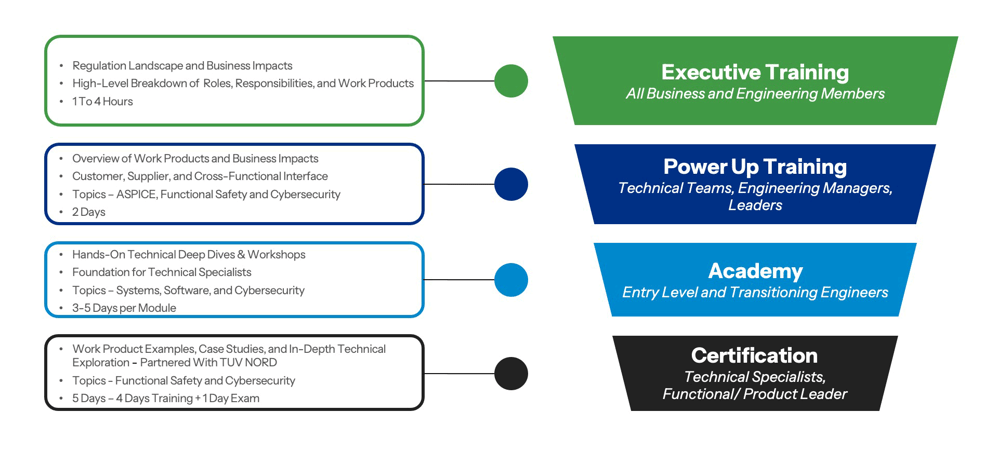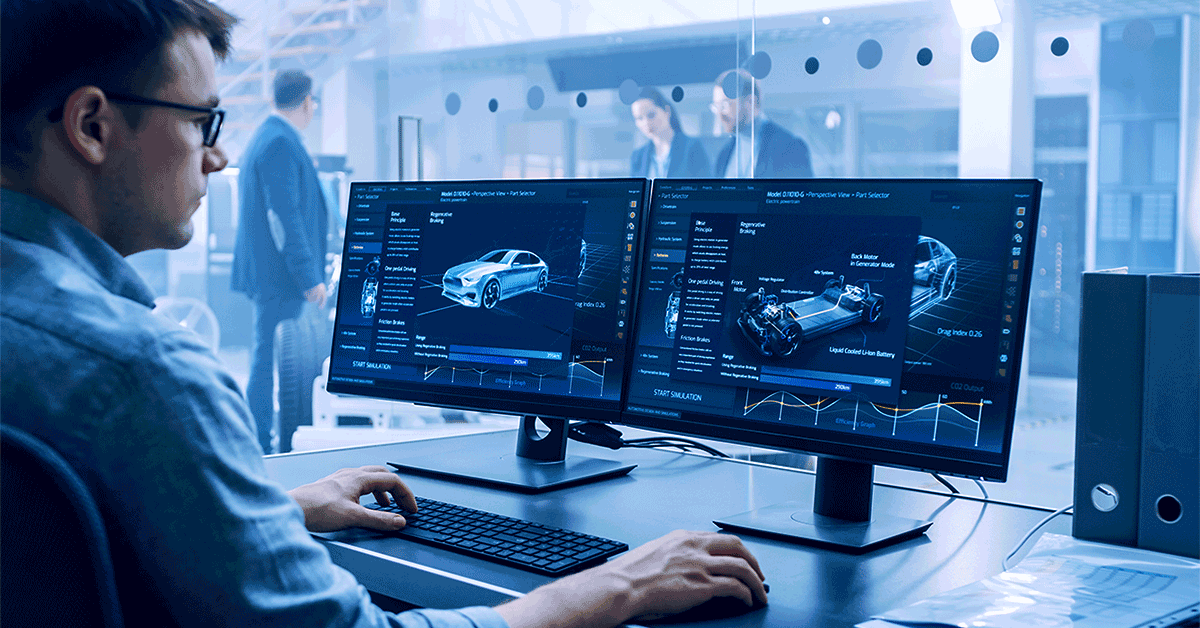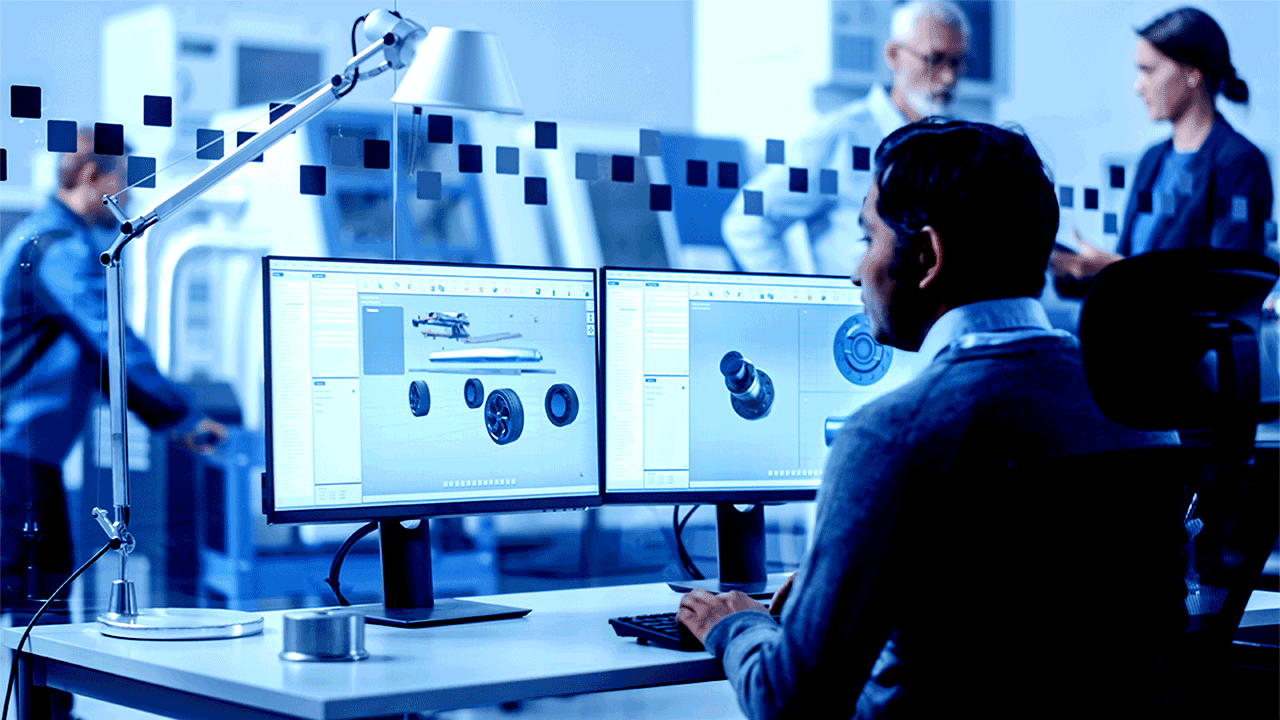Training For Embedded Software and Systems Engineers
Executive-level, Power Up, Academy, and Certification courses now available!
Overview: Training For Embedded Software & Systems Engineers
Rapid industry advancements related to autonomous and clean energy technology, as well as ever-changing design and development standards, have heightened the criticality of in-depth and hands-on technical training for embedded software and systems engineers.
Today's engineering leadership is working to expand and strengthen their teams’ domain expertise and develop a workforce that is ready for the future of transportation technology; while seasoned engineers are working to sharpen their skills to evolve with the industry.
Additionally, there are sizable gaps in today’s embedded controls talent pool, amplifying the impact of turnover. Frustrated leaders are strategizing new ways to ramp up teams quickly and effectively.
LHP has you covered. We’ve called the embedded industry home for almost 25 years, and our instructors are the same engineering leaders helping LHP customers solve complex technology challenges in the field, so they bring real world experience to the classroom.
Our Training Funnel

Standards and Regulations Training
Today's transportation systems are comprised of hundreds of controllers, containing millions of lines of code, developed by many different suppliers across the supply chain, which are integrated into a vehicle. The complexity to develop these systems is immense. OEM's and suppliers use many different internationally recognized standards to ensure to ensure safety and quality throughout the concept, design, implementation, and even production phases of development.
LHP offers training for all levels of stakeholders, including executives to engineers, to ensure your teams have a deep understanding of the best practices in the industry and the impacts to business. The certifications, offered through our industry-trusted partners, for personnel, products, and processes demonstrate excellence to suppliers and customers alike.
Academy Training
For Engineering and HR leaders at global OEMs and suppliers within the automotive, aerospace, industrial, and rail industries who are experiencing a talent shortage and/or lacking a full suite of skill sets and seeking a clear path forward, LHP’s new academy training is a proven pathway for increasing capacity, that allows software engineers to become specialists through stackable training modules.
Michigan Training Grant Program
The automotive mobility and electrification industry brings new opportunities to Michigan – and the EV Jobs Academy is prepared to support the careers of tomorrow, today. The Michigan Electric Vehicle Jobs Academy (EV Jobs Academy) collaborative is developing education and training solutions to meet the advanced automotive mobility and electrification industry’s talent needs.
With more than 100 partners including employers, industry stakeholders, and education institutions, the collaboration is driving the state’s advanced mobility talent development for the future. Through the EV Jobs Academy, participants can receive assistance with tuition and supportive services, including “earn while you learn” opportunities through Registered Apprenticeship.

Our engineers are more confident and effective because of LHP training. They are a vital and appreciated asset in our team, meeting our deliverables, and achieving our goals.









-02.1.png?width=716&height=538&name=31.LSS-VP-Case%20Study-Customized%20Technical%20Onboarding(...)-02.1.png)





